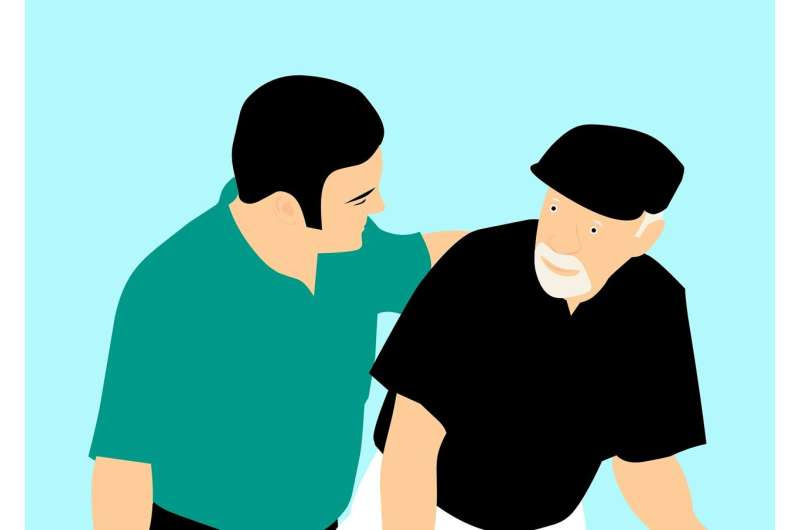by Deb Balzer, Mayo Clinic

Credit: Pixabay/CC0 Public Domain
Alzheimer’s disease is a progressive neurologic disorder that causes memory loss and other cognitive decline due to brain cell degeneration. It’s the most common cause of dementia—a clinical syndrome characterized by a collection of symptoms that affect cognitive abilities, memory, thinking behavior. Dementia is not a specific disease itself.
It’s estimated that more than 55 million people worldwide live with Alzheimer’s disease and other forms of dementia. And that number continues to grow.
Dr. Ronald Petersen, director of the Mayo Clinic Alzheimer’s Disease Research Center, says Alzheimer’s disease, like many other conditions, can be passed down through families. “In terms of family traits, Alzheimer’s disease has two main types. There’s one form that’s truly inherited in what’s called an autosomal dominant fashion,” says Dr. Petersen.
In this type, each child of a parent with Alzheimer’s has a 50% chance of inheriting the mutated gene which leads to early-onset Alzheimer’s, but that is only 1% of all Alzheimer’s disease.
“The vast majority, though, still has some hereditary influence. Like many other diseases, Alzheimer’s disease can run in families. If you have first-degree relatives with Alzheimer’s disease, your risk may be up three or fourfold over the general population,” Dr. Petersen says.
While the risk increases, it doesn’t mean you’ll develop the disease.
Credit: Mayo Clinic
Dr. Petersen says to stay involved in intellectual activities, such as reading and playing chess. Be socially active.
“Don’t withdraw. Don’t avoid going out. Stay involved,” he says.
Follow a healthy diet, get plenty of rest and find ways to reduce stress.
“The combination of all these factors may improve your quality of life, and perhaps could postpone any cognitive impairment,” says Dr. Petersen.
Provided by Mayo Clinic

Leave a Reply